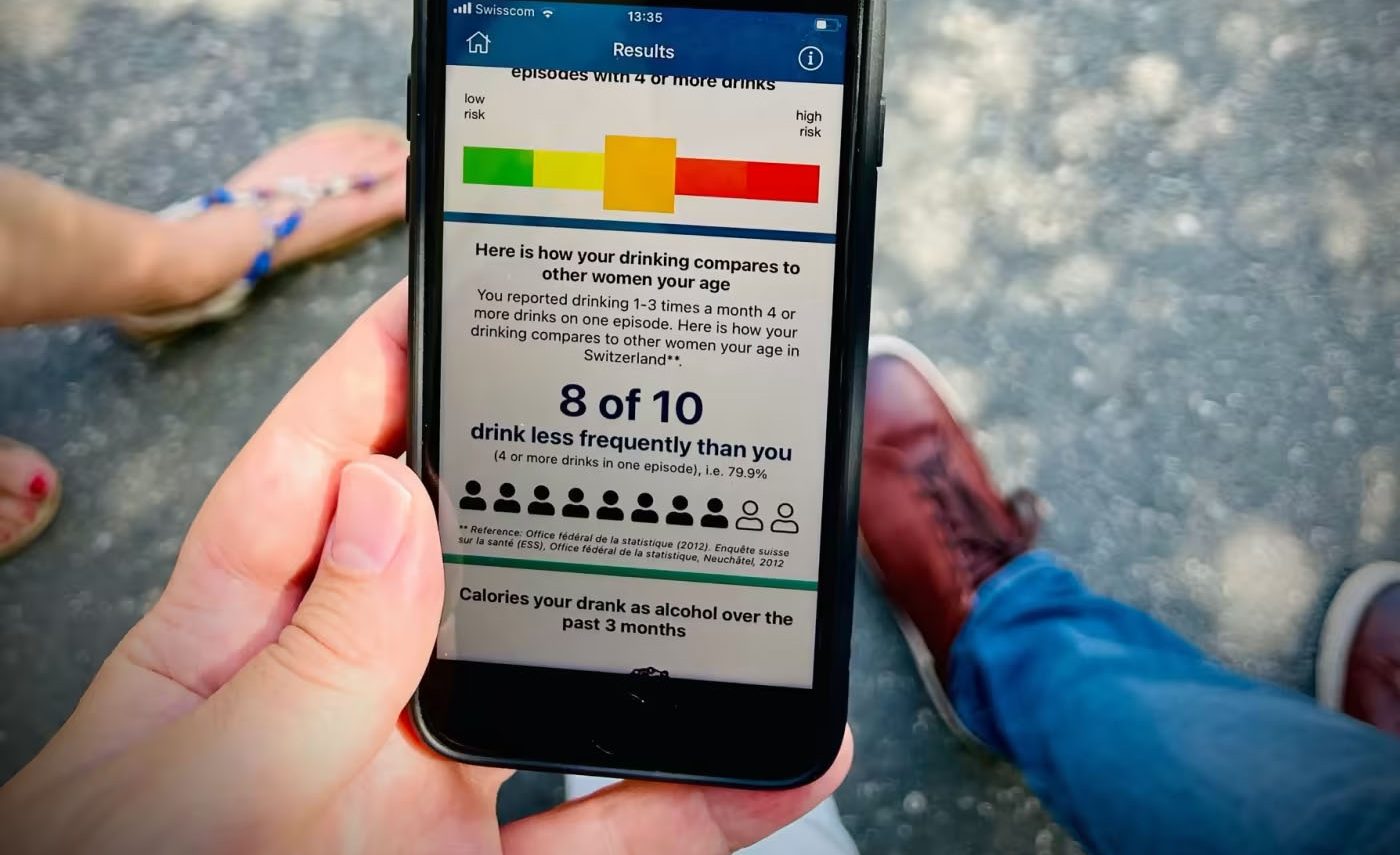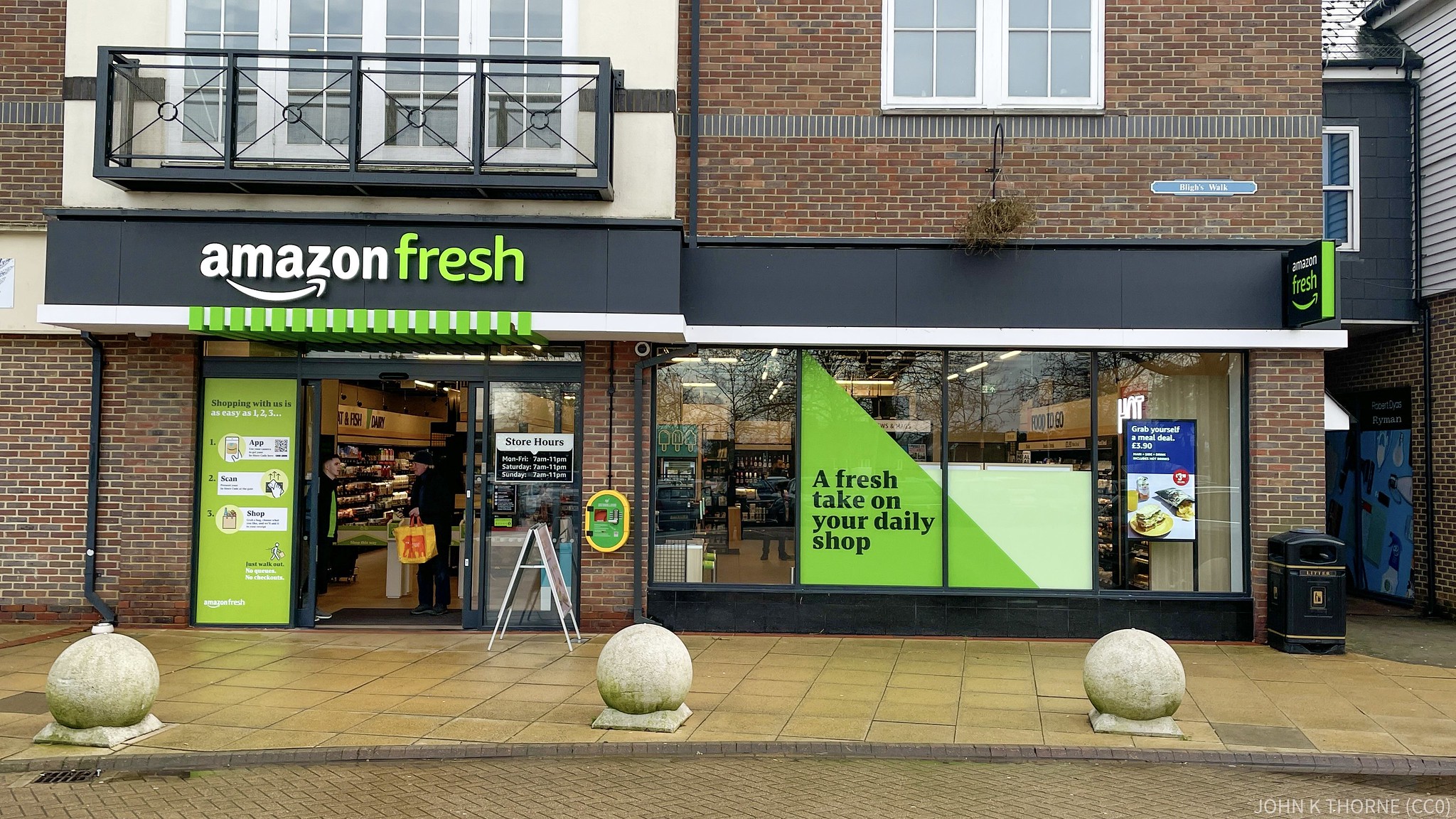This Anti-Binge Drinking App Was Developed To Help Students With Over-Consumption

Some of the most fun-inducing activities can become detrimental to your health beyond moderation. Drinking alcoholic beverages surely sits near the top of that list. According to the World Health Organization, up to 3 million people die from alcohol consumption each year, representing 5.3% of the global death rate. There are many treatments that address alcoholism, with Alcoholics Anonymous being the most recognizable.
Now, thanks to a smartphone app created by tech-savvy researchers from Lausanne University Hospital and University of Lausanne in Switzerland, who worked with colleagues in the UK, Canada, and US, over-consumption could be a thing of the past. According to the Financial Times, the study, labeled a “targeted intervention,” succeeded in reducing its participants’ alcohol consumption by 10%.
The app is called Smaart, and works similar to a game that incentivizes users through goal-setting. Students that participated in the study recorded their drinking habits on the app, which is broken up into six modules — personalized advice, alcohol consumption monitoring, and goals to achieve safe drinking are three of the six modules. Nicholas Bertholet, the project’s lead researcher, said, “Those who had access to the app drank less over the 12-month period. The drinking volume was lower and the number of heavy drinking days decreased.”

One of the insights revealed by the results is how valuable secondary interventions can be compared to advice from a medical professional, particularly from an app. “Students were really interested in the project and willing to participate in the development of the app,” Bertholet added. “We recruited more than 1,700 students in under 27 hours.” Participants were selected from a pool of 34,178 students from four of Switzerland’s higher-education institutions. 1,770 students that over-consume alcohol volunteered for the study and half were randomly selected. Each participant was required to complete questionnaires at three, six, and 12 months.
While the app shows promise, some are keen to underscore its limitations. Martin McKee, professor of European public health at London School of Hygiene & Tropical Medicine, who was not involved in the study, said, “This is a well-designed study. However, we need to remember that this is a highly educated and relatively privileged group of people and we cannot assume the results apply more generally.”
Beyond the app’s initial success, more research is required to determine its effectiveness in alternative settings and with varying demographics. The Smaart app is available for download on Google Play and the Apple Store.






















